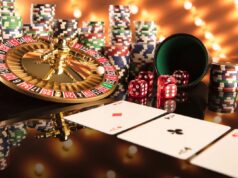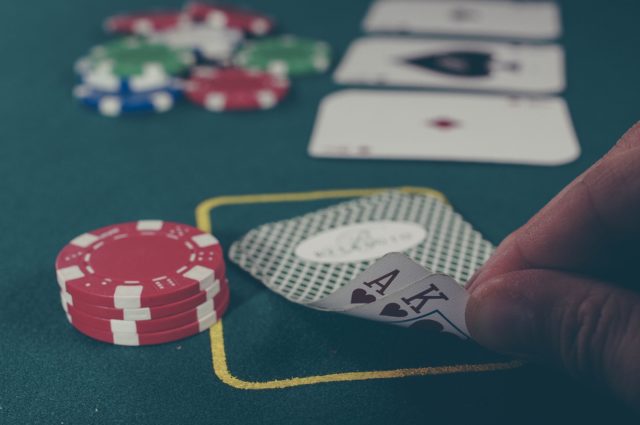
Poker professionals have earned the right to play hardball. They are reluctant to share winning poker tips, tricks, and strategies with greenhorns. Since poker is a strategy-based game, there’s definitely a learning curve play. This game is a veritable war of attrition where the focus is to simply grind the opposition into the dirt. For many poker professionals, amateurs serve but one purpose: shark bait. They provide the cannon fodder needed to seed the pot. Of course, poker professionals would never simply roll over and reveal all of their strategies to amateurs. The upper-echelons of the poker world are occupied by an elite group of professionals, and they will not be relegated.
Over time, these pros have forged ironclad strategies that allow them to win consistently. For poker novices, it’s easy to get disgruntled with the way things are going. Poker greenhorns expect to flop monster hands time and again; they quickly learn that this is hardly ever the case. What the professionals don’t tell you is that they are happy to have greenhorns play this way, increasing their frustrations, while milking bankrolls at the same time. This brings us to the most important poker strategy– it’s not about playing the cards; they really don’t matter all that much. Hard to believe! However, as a professional, one thing is clear: very few hands end up going to showdown in a game of NLH. That’s just the nature of things. Amateurs believe that it’s important to play as many hands as possible, having a stake in every pot. Unfortunately, that mentality hardly ever pays dividends because most poker hands should be mucked. Pros understand that you’ve got to fold way more than you hold in poker – that’s the golden rule. If you don’t play your cards, what do you play? That answer is even clearer: you play the player. You do this by beating them on their own terms. Constant bluffing, and constant pressure in position (early position, middle position, late position) are the way to go.
Do the Pros Win Every Time?
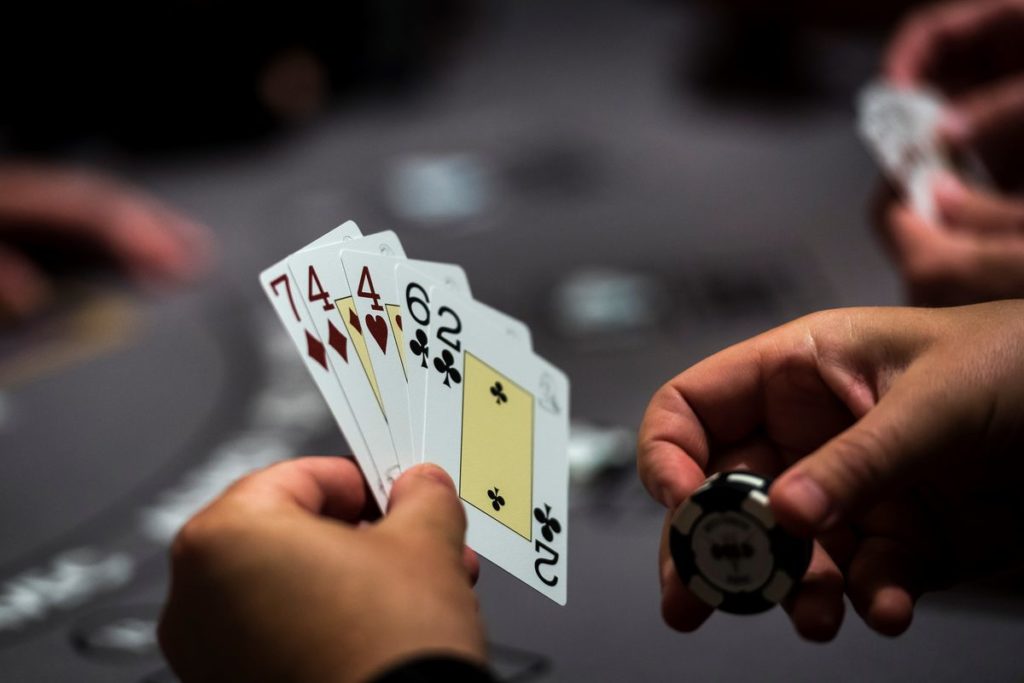
Poker professionals understand that it’s a widely held fallacy that winning is commonplace. The pros know that they will lose from time to time, no thanks to something called variance. A losing streak is just as common as a winning streak, and it can happen to the best of them. While you can certainly employ tactical and strategic gameplay as part of the equation, you cannot ever discount the importance of luck. Even an amateur has a shot at poker immortality by beating a professional in a heads-up contest. Such is the nature of the game that a phenomenal spell – a purple patch – can deliver a series of big wins to topple even the most seasoned professional. True greatness is not measured in short bursts of play. It is an enduring feature of a pro’s career.
Pros certainly don’t win every time. But, they win when it counts and that’s the difference. You can limp your way into a massive poker pot by strategically folding when you need to, calling, raising, betting, and bluffing along the way. The psychological aspect of the game is one where the professionals have a strategic advantage over the amateurs. Nothing says psychology more than bluffing. The ‘Art of the Bluff’ has been written about ad infinitum. It’s a ‘mind-twister’ of note; you are making other players believe something is true, when nothing could be further from the truth. When executed with perfection, the bluff is a powerful tool in your arsenal. Poker pros certainly don’t let on that they are bluffing – that’s where amateurs fall short.
Poker greenhorns tend to brag about winning a monster pot by revealing their shoddy cards. You will never catch a pro making such a silly mistake. Braggadocio only lasts a minute in the poker world – then everybody that counts knows exactly what you are all about. If you’re in the game for the long haul, then you don’t want to be wearing your heart on your sleeve and revealing your cards to other players. To this end, it’s important to reduce the number of mistakes you make in your poker game. These are often termed leaks. If you’re the type of player who repeatedly makes bad decisions such as weak bluffs, or simply calling too often – it’s time to reign things in. Leaks in your game can be likened to budget management. If you find yourself on a tight budget and you’re prone to wanton expenditure, change your habits. The only way to gain control is by taking control – there’s no other way around it.
Never Play on Tilt
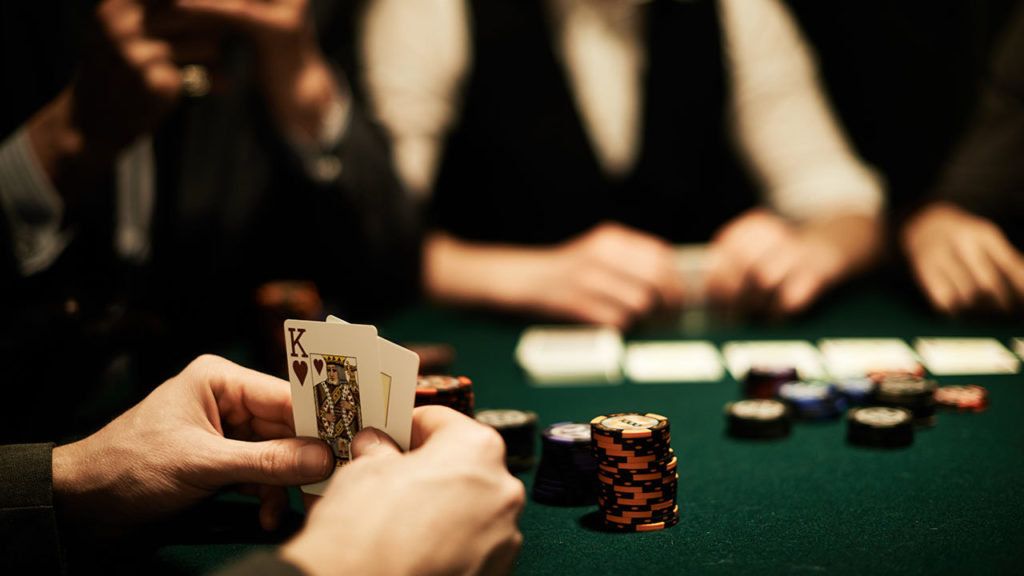
Amateurs are a little feebleminded when it comes to emotionally-based poker play. They tend to make decisions based on gut feel, ego, or emotion. If they’re feeling particularly bullish about their game, they tend to bet and raise more, go all-in, and try to outmuscle the competition every step of the way. This strategy will land you in hot water every time. You cannot be a bully unless you have the bankroll and the ability to make that strategy work every time. Besides, it is a game with many moods. Sometimes the poker gods smile upon you, and other times they will zap you with a lightning bolt to remind you that you’re never quite in control all the time.
Lady Luck (and variance) have an outsized part to play in poker; skill and strategy are equally important too. If you win, check your emotions. If you lose, check your emotions. Either extreme has the potential to derail your long-term success in the game. Just like a player who is on a hot streak with blackjack, slots, or roulette, there is this tendency to continue playing on the assumption that the hot streak will continue. Every good run comes to an end – the key element here is to get out while you’re still ahead. Amateurs have not mastered the art of extraction from the game, but professionals know when their goose is cooked.
There are some other tips and tricks that you can employ to harness the power of your game. Poker professionals start playing at affordable betting stakes, sometimes even free games online such as 888poker before moving into the higher stakes games. When you’re multi-tabling, you’re going up against multiple opponents (skilled and unskilled), and you’re going to burn through your bankroll quickly. It’s always a good idea to play $1/$2 NLH games first, build up a bankroll and then gradually work your way up to high-stakes games. As you increase the number of tables in play, you will see a sharp uptick in profitability. Provided you employ strategy and follow sage poker advice, you will invariably increase your win rate and become a much better player.
Who Should You Play Against and Who Should You Avoid?
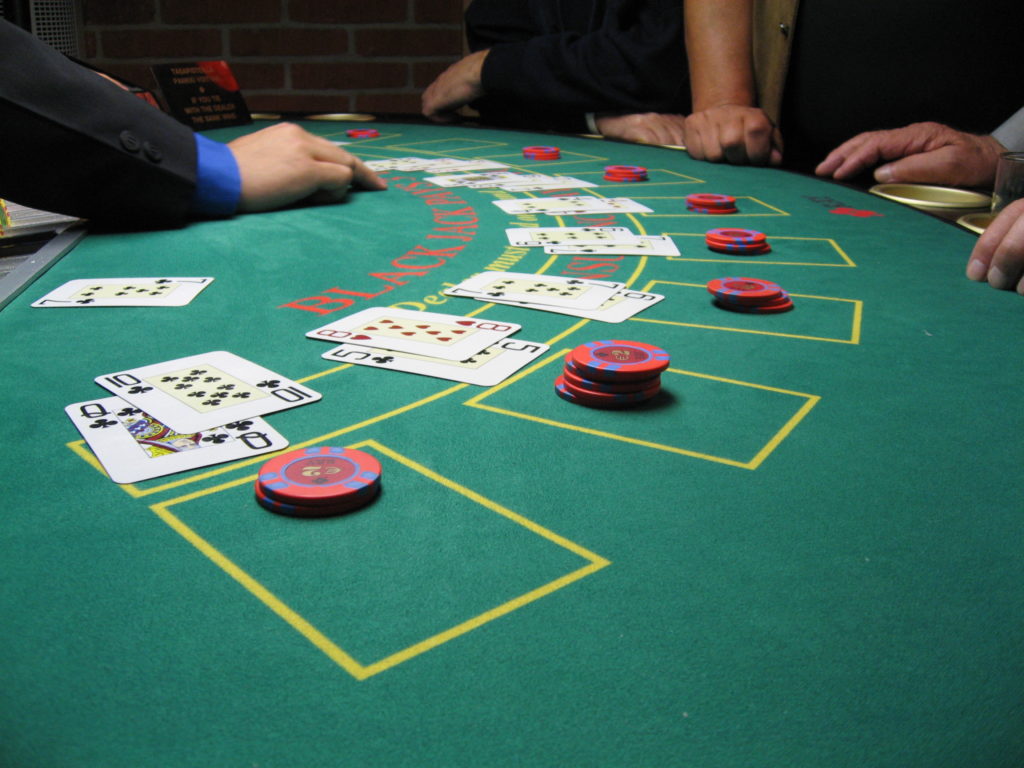
Many pros have an advantage over amateurs, by dint of their inexperience. If you’re going to go fishing, you’re going to catch a lot more fish with fewer sharks in the water. Put simply: play against weaker opponents in low stakes games for prolonged periods of time and establish yourself as a formidable force in the game. With incremental increases in your bankroll, you will gradually build up to the status of a highly respected poker player. This is a safe way to play, but it’s not going to give you the mega-money wins that you crave at prestigious heads up, showdown events.
Let’s say you are looking to become the next diamond-encrusted gold bracelet winner at the WSOP at the Rio All Suites Hotel & Casino in Las Vegas. Be prepared to go up against exceptional players, rising stars, and world beaters. It’s at this level of play that you are going to make your mark in the poker world. There is no one-size-fits-all to become a legendary poker player. However, poker professionals are in the business of making money from playing poker. This is certainly doable, and you can get there by tempering your emotions, managing your bankroll, and choosing your opponents wisely. The rest is up to the poker gods!

